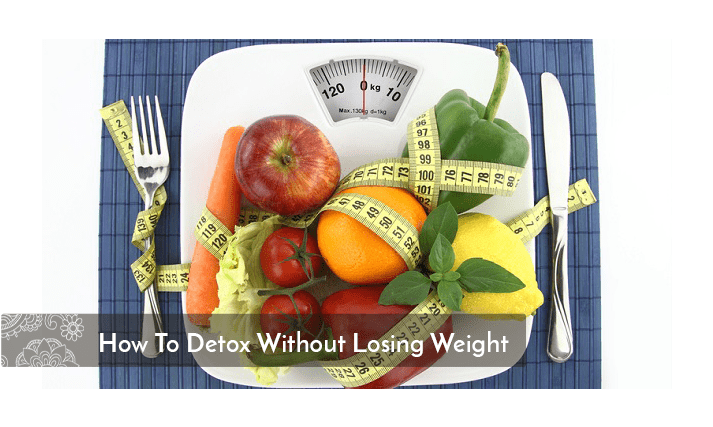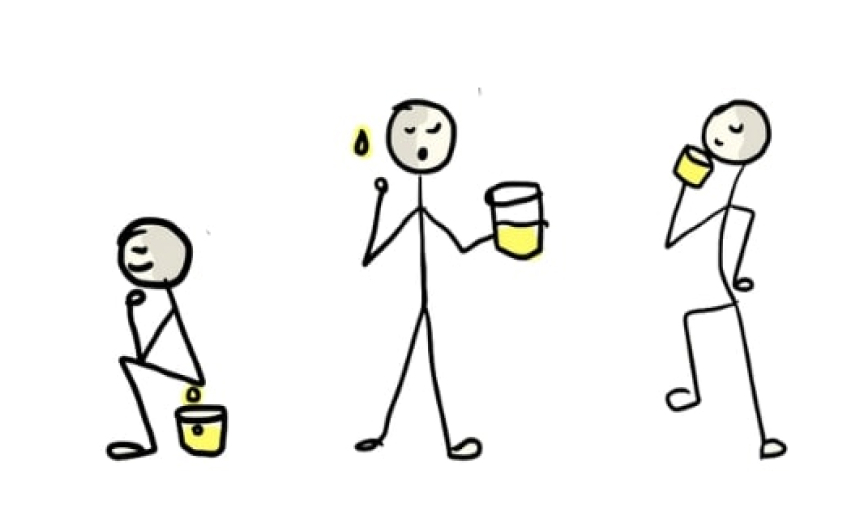Kaizen Your Ayurvedic Habits
The saying — “an apple a day keeps the doctor away” — is a kaizen-esque phrase. So is “early to bed, early to rise, makes a woman healthy, wealthy, and wise”. We all know kaizen on some level. It’s part of our ancestral folk medicine.
What is Kaizen
Kaizen means good change and refers to the philosophy of applying continuous, daily, small improvements. Kaizen was developed in U.S. during the Second World War to efficiently convert factories for wartime production. After the war, due to the remarkable results of the method, kaizen was exported to Japan, where it was enthusiastically adopted by industry and business. Eventually, the kaizen method was adopted with remarkable success by leaders in personal development and habit evolution.
To accelerate your success with habit evolution, go black belt on kaizen. What are the easy upgrades — the smallest, most incremental, improvements or baby steps — you can make today that will make your tomorrow a little better, a little easier? Write that down and commit to it. If anything, the step or new habit should underwhelm you.
Kaizen leverages the compound effect. If we use the “apple a day keeps the doctor away” example, we need to look at the compound effect of an apple. Apples are chock full of apple pectin, which has a nourishing, lubricating, effect on the colon. The pectin is a water-soluble fiber, attracting water to make a slippery goop as it winds through your guts, eventually stimulating peristalsis or the need to poop. The laxative “apple a day”, taken repeatedly, promotes a lifetime of terrific bowel movements. Behind the kaizen habit we have regularity of elimination, which prevents all sorts of horrible diseases that stem from constipation and loose stools.
The problem with kaizen, for most of us, is that it seems too easy. When we get inspired to change or upgrade a habit, we want big returns. We often start by investing too much — more than we can truly afford on a day in and day out basis. We bite off more than we can chew, which guarantees we’ll backslide and fail. The kaizen approach makes the bite small enough that you hardly notice as it nudges you in the direction you want to go.
Baby Steps with 10 Inch Plates
Did you know we lose weight when we eat from smaller plates? Inspect plate sizes from 50 years ago, and you’ll find they are one-third smaller. A recent study switched 12–inch plates to 10–inch plates. People ate 22 percent less calories. No willpower required.
Start with where you are and take baby steps to where you want to be. Ginger’s transformation occurred when she took what she wanted—to feel better in the morning—and broke it down into small, doable, reasonable actions. She started with two minutes of breath work upon walking in the door from work.
Identify steps that seem doable and fail-proof with all you have going on in your life right now. You don’t need to move your mealtime up an hour and a half. You don’t need to cancel date night. You don’t need to exclusively eat soups, salads, sauerkrauts ad infinitum. That would only trigger your inner rebel into rebellion. You don’t need to set strict rules or regulations for your behavior. Creating unnecessary tension will only undermine your thrive. For those of you who are rebels or rule breakers, you’ll only break your own rules anyway. For those who are goodie two-shoes, you’ll only disappoint yourself when you can’t live up to your rules and trigger your pattern of psychosomatic self-flagellation.
Start with a specific behavior change around eating an earlier lighter dinner that seems easy, but will be effective enough to notice if its working over time. At end of this post are tips on where to begin.
Remember, we’re more interested in small gains than a perfect picture. Praise your progress. Repeat your anchor statement. Notice the difference and be carried by your nascent momentum. Undesirable habits fall away naturally like dead leaves off autumn trees. Earlier, lighter dinners are not about becoming anti-social or dogmatic. It’s about slow, steady changes that support your physiology. Surprisingly, your social schedule will adjust. And you never know, this just may be the keystone habit that unlocks the door to your body thrive.
Tips for Eating an Earlier, Lighter Dinner
- Keep dinner a simple one-pot meal — soup, salad, stew.
- Use your Weekly Meal Planner.
- Be repetitive within your local and seasonal crop availability.
- Get organized with your grocery shopping.
- Make your dinner when you make breakfast.
- Bake root vegetables in the morning and reheat them in the evening.
- Use a slow cooker.
- Plan ahead.
- Try simple deep breathing to help you center before your evening meal or before you reach for a snack after you’ve eaten your meal.















Comments
No comments yet, be the first to comment